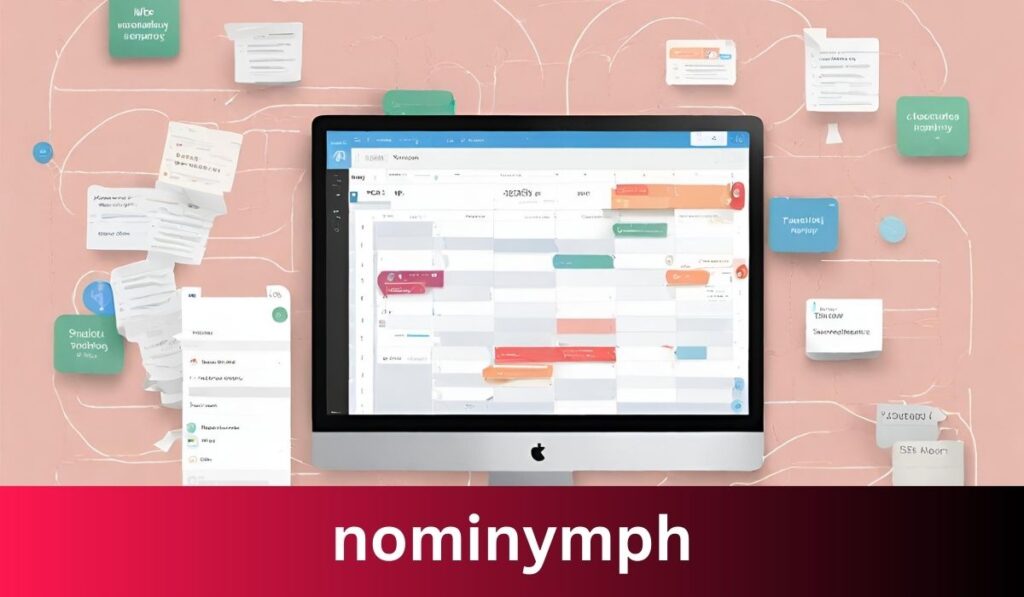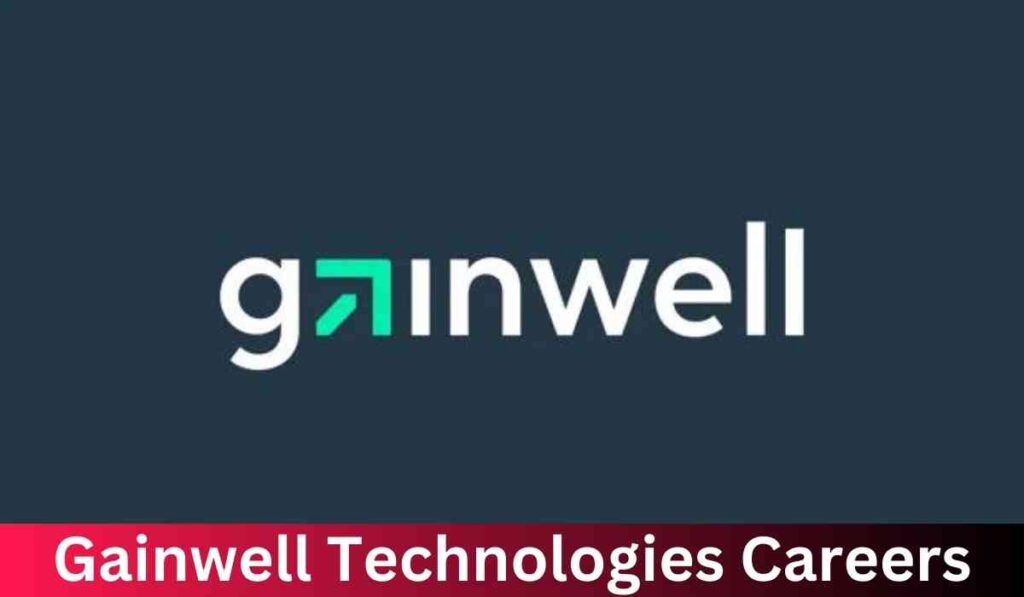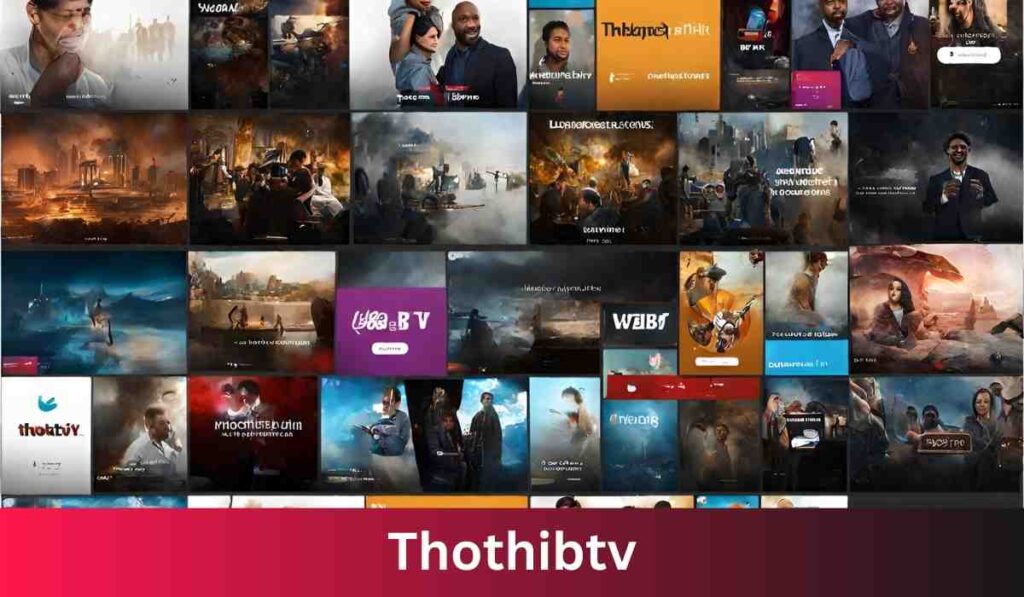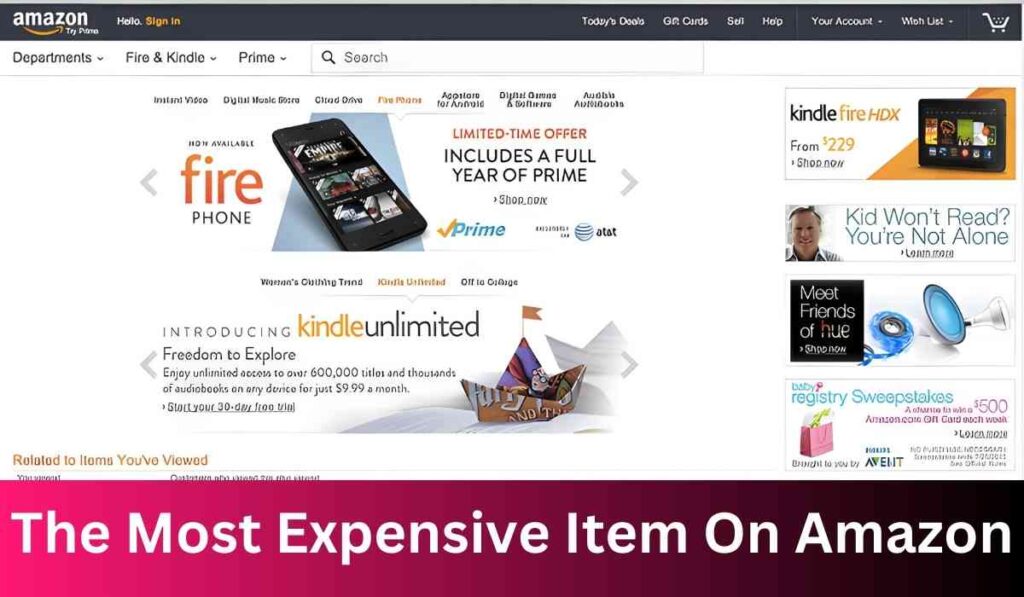Best Choice Insurance Paving the Path to a Carefree Life!

Best Choice Insurance stands as your reliable lifebuoy, steadfastly guiding you towards stability and security amidst the chaos. Today, we delve into the realm of Best Choice Insurance, exploring why it stands out as the optimal solution for safeguarding your assets and providing peace of mind.
Embark on a journey with us as we explore the unparalleled benefits of Best Choice Insurance,
With our tailored insurance solutions, expert advisors, and personalized support, we ensure that you sail through the rough seas of entrepreneurship with confidence and peace of mind.
In the vast and complex realm of insurance decisions, it’s absolutely vital to navigate with caution to avoid potentially expensive mistakes that could impact your small business.
Our meticulously crafted comprehensive and ultimate guide to serve as your guiding light, shedding clarity on the intricate process of choosing the perfect insurance coverage tailored to meet your specific and unique business requirements.
Understanding the Insurance Seascape for Small Business

To begin our insurance journey effectively, it’s crucial to have a solid understanding of the landscape. Just like every ship has its distinct features, the insurance requirements of individual small businesses vary.
Let’s delve into a comprehensive breakdown of the various types of insurance specifically designed to meet the diverse needs of small businesses:
Anchor 1: Types of Small Business Insurance
Navigating the types of insurance is akin to mastering different sailing techniques. Here are some essential policies:
- General Liability Insurance: Protects against lawsuits stemming from accidents, product defects, or property damage.
- Professional Liability Insurance: Essential for service-based businesses, shielding against claims of negligence or inadequate service.
- Property Insurance: Covers damage to business property caused by fire, theft, or certain weather events.
- Business Owner’s Policy (BOP): A comprehensive package including liability, property, and business interruption coverage.
- Worker’s Compensation: Mandatory in most states, providing coverage for employee injuries or illnesses on the job.
- Commercial Auto Insurance: Protects vehicles used for business purposes against damage and liability claims.
Anchor 2: Boutique Insurance for Small Business Niches
Specialized businesses require tailored coverage. Here are some examples:
- Technology Insurance: Offering cyber liability and technology errors and omissions coverage.
- Restaurant Insurance: Including coverage for equipment breakdown, food spoilage, and specific liability issues.
- Home-Based Business Insurance: Additional coverage for businesses operating from home, extending beyond homeowner’s insurance.
Plotting Your Course with the Best Choice Insurance
Now that we have gained a comprehensive understanding of the insurance landscape and its intricacies, let’s collaboratively chart the optimal course tailored specifically to cater to the unique needs and aspirations of your business:
Compass 1: Assessing Your Risks
Conducting a comprehensive risk assessment is crucial to identify potential challenges that your business might encounter.
By evaluating various scenarios and vulnerabilities, you can prioritize your insurance needs effectively, ensuring that you have the right coverage in place to mitigate risks and safeguard your operations.
Compass 2: Finding Your Crew With a Reputable Broker
Work alongside a skilled insurance broker who can guide you through the extensive array of policies and providers, ensuring you make informed decisions tailored to your specific needs and preferences.
Compass 3: Reviewing and Comparing Quotes
When comparing insurance quotes, it’s crucial to scrutinize them meticulously.
Take your time to assess the premiums, coverage limits, deductibles, and the terms and conditions to ensure you’re making the most informed decision for your insurance needs, especially when considering best choice insurance for comprehensive coverage.
Navigating the Hidden Reefs of Insurance Jargon
Understanding insurance terminology is crucial for making informed decisions when it comes to choosing the right coverage for your needs.
By unraveling some common terms used in insurance policies, you can gain clarity on the intricacies of your coverage. Let’s explore a few key terms to help demystify the world of insurance:
Depth Sounder 1: Premium
The amount paid for insurance coverage, known as premiums, plays a crucial role in financial planning. To estimate costs effectively, it is essential to understand how premiums are calculated.
Factors such as the individual’s risk profile, coverage limits, and deductible amount all contribute to the final premium amount.
By delving deeper into these calculations, individuals can make informed decisions when selecting insurance plans that best suit their needs and budget.
Depth Sounder 2: Deductible
The out-of-pocket expense refers to the amount you pay before your insurance coverage takes effect.
When selecting insurance, such as best choice insurance, it’s crucial to carefully assess the trade-offs between deductibles (the amount you pay before insurance starts covering costs) and premiums (the amount you pay each month for insurance). Balancing these factors can help you choose a plan that best fits your needs and budget, ensuring that best choice insurance remains your optimal solution.
Depth Sounder 3: Coverage Limits
Insurers establish maximum amounts they will pay for covered claims, setting limits to safeguard your business without straining your budget. By having these predefined limits in place, you can ensure financial protection while managing risks effectively.
S.O.S. — When to Invoke Your Insurance

Even with the best preparations, unforeseen circumstances may arise. Here’s when insurance becomes your lifeline:
Scenario 1: Weathering the Storm of a Lawsuit
General liability insurance provides crucial coverage for businesses by handling legal fees and settlements resulting from accidents or harm caused by the business operations.
This type of insurance safeguards businesses from unexpected financial burdens and legal disputes, ensuring peace of mind and protection against potential liabilities.
Scenario 2: Injuries to Your Crew
Worker’s compensation insurance is a crucial safety net that offers financial assistance to employees who suffer injuries or illnesses while performing their job duties.
It helps cover medical expenses, lost wages, and rehabilitation costs, providing peace of mind for both workers and employers.
Scenario 3: Loss and Damage
Property insurance offers crucial financial protection against unforeseen events such as fire, theft, and natural disasters.
In times of crisis, having this coverage can provide peace of mind and help individuals recover and rebuild their assets effectively.
Charting the International Waters of Business Expansion
As your business expands and evolves, the complexity of your insurance requirements also increases. It’s crucial to understand how to effectively adjust and optimize your insurance coverage to align with the growth of your company.
Here are key considerations to ensure a successful scaling up process:
Port of Call 1: Regular Insurance Reviews
It is important to periodically review your insurance coverage to ensure it remains sufficient for the growing needs of your expanding business.
By reassessing your insurance policies regularly, you can make sure that you are adequately protected against any potential risks and liabilities that may arise as your business evolves and expands.
Port of Call 2: Mergers and Acquisitions
When acquiring or merging with another business, it is crucial to thoroughly review insurance policies.
This step helps in minimizing potential risks associated with the transition and ensures that there is comprehensive coverage in place to protect all aspects of the combined entities, assets, and operations.
Navigating the Compliance Currents
Ensure ongoing compliance with insurance regulations to mitigate the risk of potential legal challenges, safeguarding your business from issues such as fines, penalties, and litigation that could arise from non-compliance.
To avoid legal issues:
Lighthouse 1: Federal and State Mandates
To prevent fines or penalties, it’s crucial to ensure compliance with mandatory insurance requirements. Failure to meet these obligations could result in costly consequences, impacting both financial stability and legal standing.
By staying up-to-date with the necessary insurance coverage, businesses can safeguard themselves against potential risks and maintain a secure operational environment.
Lighthouse 2: Tax Implications and Deductibility
It’s important to understand the tax implications of insurance premiums since some may be tax-deductible. By knowing which premiums qualify for tax deductions, you can potentially save money while ensuring you have the necessary coverage in place.
The Destination is in Sight
Armed with this guide, you can confidently navigate the turbulent waters of insurance, ensuring the success and stability of your small business.
Remember, insurance choices are investments in your business’s future. Smooth sailing, fellow small business owner! Your success is on the horizon!
Secure Your Assets with Best Choice Insurance Policy
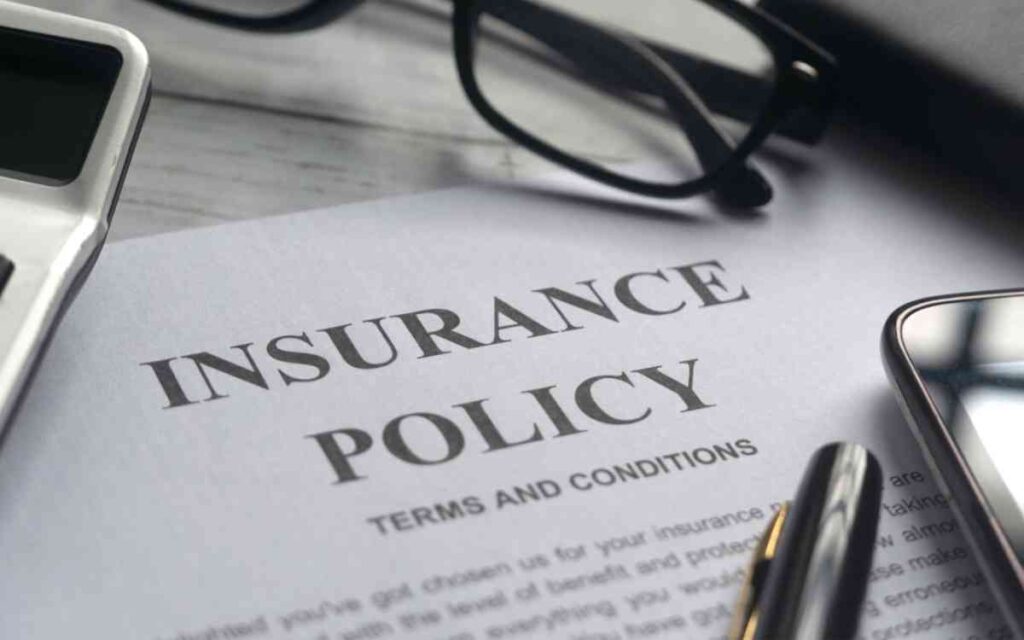
Best Choice Insurance offers a comprehensive policy designed to protect your valuable assets. Our tailored coverage options ensure that you have the protection you need, precisely when you need it.
With Best Choice Insurance, you can rest assured knowing that your assets are safeguarded against unforeseen risks and uncertainties.
Our commitment to excellence and customer satisfaction makes us the ideal choice for all your insurance needs. Experience peace of mind and financial security with Best Choice Insurance policy today.
FAQs
What are the best and worst health insurance companies?
Health insurance company ratings:
Good insurance companies include Blue Cross Blue Shield, UnitedHealthcare, Humana, Aetna and Cigna. The worst-rated health insurance companies are Oscar and Ambetter.
What is the #1 insurance in America?
State Farm is the biggest auto insurance company in the country by market share, while Progressive, Geico and Allstate are the next three.
Why is American family insurance so expensive?
American Family is so expensive because car insurance is expensive in general, due to rising costs for insurers. But at $665 per year, the average American Family car insurance premium is actually about the same as the national average of $671 per year.
Can anyone get USAA insurance?
USAA is a solid choice for auto insurance with high customer satisfaction levels and top financial ratings. However, you must be a member of the military, or a family member, to benefit from its services. You must be a member of the military or a family member to join USAA.
What month is insurance the cheapest?
August is the cheapest month of the year to take out a new car insurance policy, according to new data.






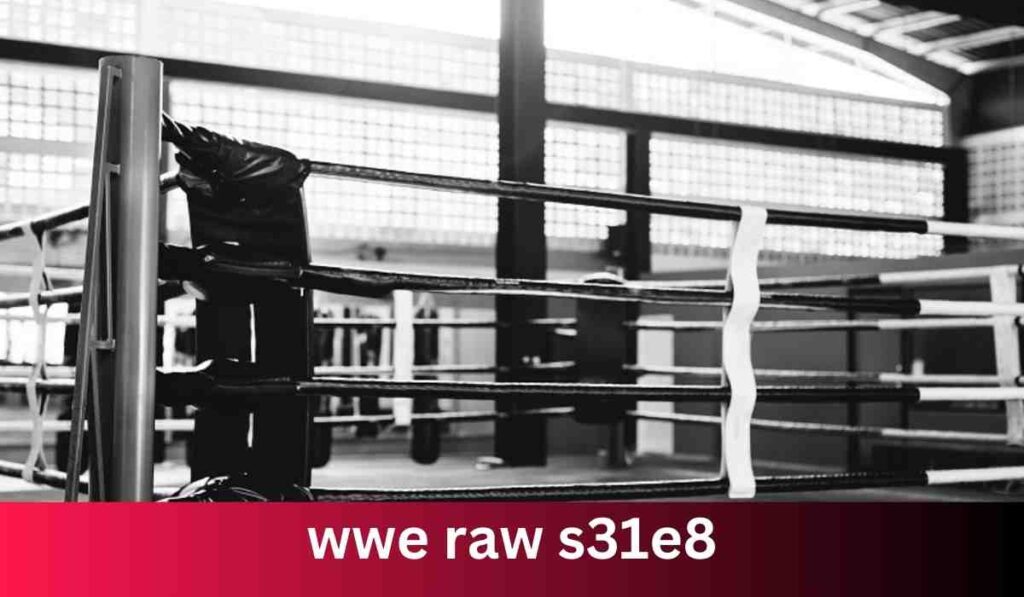

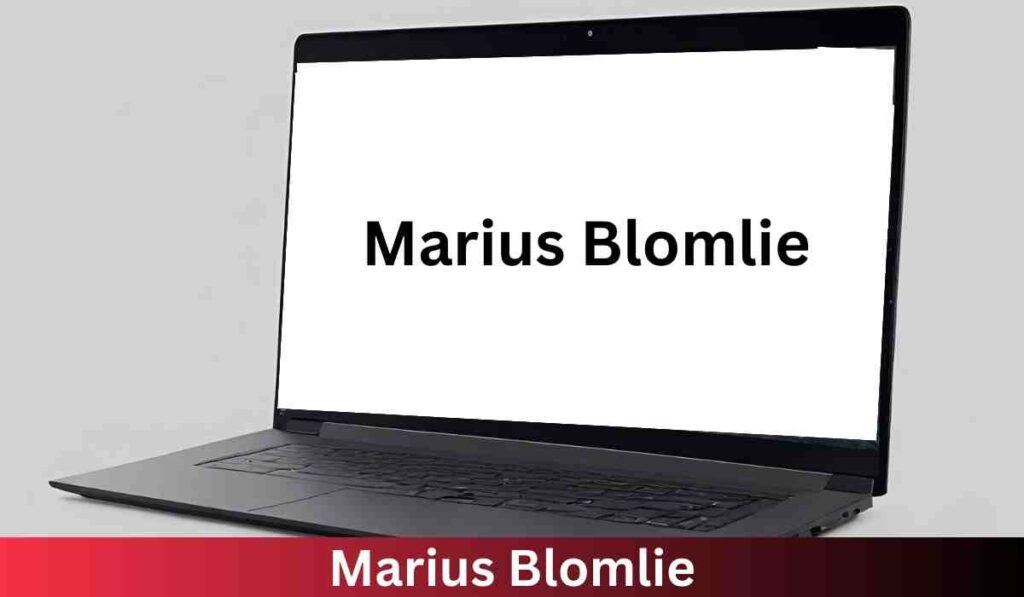





















































































































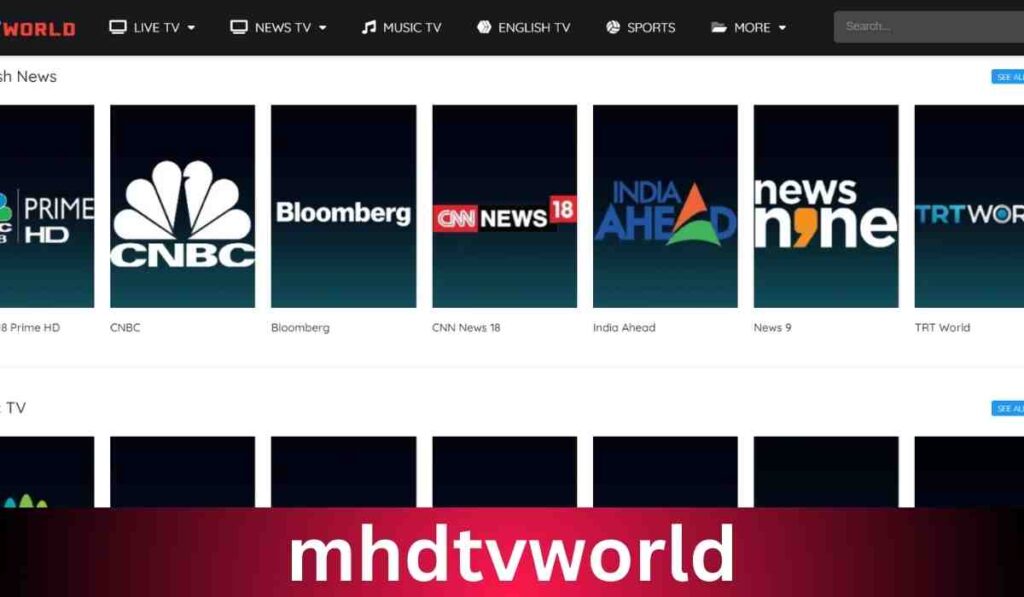























![[noblocc] Kicked For Being AFK](https://everytalkin.com/wp-content/uploads/2024/02/noblocc-Kicked-For-Being-AFK-Strategies-in-Online-Gaming-1024x597.jpg)













